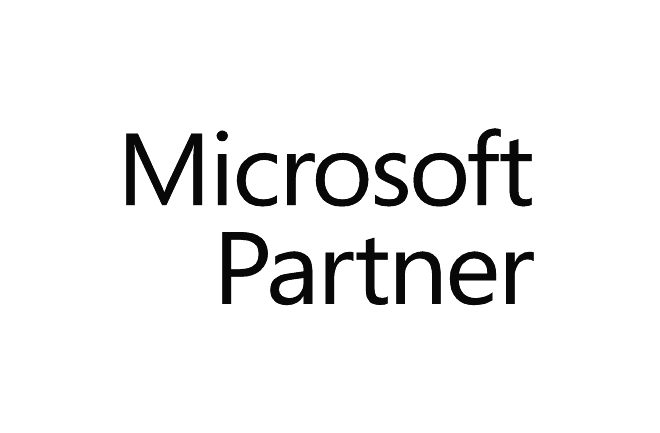Course outline
Reference : DP-300T00 Duration : 4 days |
This course provides students with the knowledge and skills to administer a SQL Server database infrastructure for cloud, on-premises and hybrid relational databases and who work with the Microsoft PaaS relational database offerings. Additionally, it will be of use to individuals who develop applications that deliver content from SQL-based relational databases. | |
Audience | The audience for this course is data professionals managing data and databases who want to learn about administering the data platform technologies that are available on Microsoft Azure. This course is also valuable for data architects and application developers who need to understand what technologies are available for the data platform with Azure and how to work with those technologies through applications. |
Prerequisites |
In addition to their professional experience, students who take this training should have technical knowledge equivalent to the following courses: |
Objectives |
|
Contents |
|

